Incentivising Vietnam’s cleaner, greener future
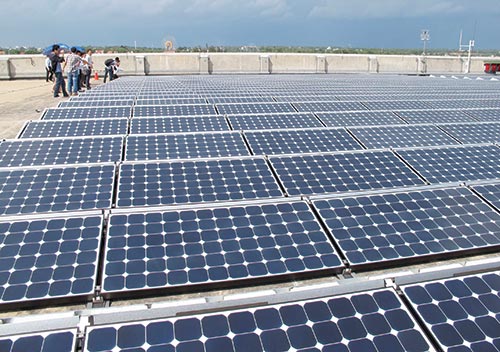
The government should consider granting preferential credist with longer terms to green production projects
Korea’s Samsung group is perhaps one of the larger players to do so in Vietnam. It applied state-of-the-art environmentally-friendly technologies to its production line immediately upon entering the country. With its sizable investment and high technology, that group was entitled to a 10 per cent corporate income tax (CIT) exemption for the first four years of operations and a 50 per cent reduction for another nine years.
However, such incentives are only currently applied to a few companies following the government’s endorsement, while many others have yet to access them despite having green technology; this stands in the way of fully realising Vietnam’s cleaner, greener economy goals.
One reason is that incentive policies and mechanisms are only scarcely mentioned in different legal documents, such as the Investment Law, Enterprise Law and CIT Law, or in government decrees to bolster the import of green technologies and products.
Incentives were introduced in the Law on Environmental Protection (LEP) 2005, and are also embedded in the amended LEP draft, but regulations on incentives in the draft still lack details as in fact there are only preferences related to land rent and credits for environmental protection activities, environmentally-friendly production and trading operations, and environmentally-friendly products. The draft also provides general stipulations on promoting the use of eco-friendly products.
“The government needs to create practical policies that encourage businesses to go green, as over the long haul these solutions will bring benefits to both the country and its enterprises,” said Nguyen Cong Minh Bao, sustainable development director at Taiwan-invested cement maker Holcim Vietnam.
Bao added that in recent years, Holcim has been proactive in applying measures for green production, striving to protect the environment and develop sustainably, and naturally, to get the associated economic benefits.
Director of Phillips Electronics Vietnam Ngo Van Huy said current policies were not persuasive enough to inspire businesses to implement clean production and energy efficiency measures. He gave the example of tariffs levied on energy efficient LED bulbs and standard lamps being the same in Vietnam, while neighbouring nations have very low tariffs on LED bulbs.
“Our company, like many others, wants to see incentives introduced that are strong enough to give us peace-of-mind when doing long-term business in Vietnam,” Huy said.
Not only foreign invested firms, but also local businesses are saddled with hardships after five years dealing with the effects of the global recession, and need the proper motivation to inspire a green growth development orientation.
At a recent workshop on green development, a business representative from the northern province of Bac Kan was quoted as saying that green incentives are attractive, but that it is difficult for firms to access those incentives.
“To borrow funds for green renovations, firms need collateral, and they are also facing high interest rates and short lending terms. It can also take several years to see the investment returns of a project. Therefore, the government should consider granting concessionary credit packages with lower rates and longer terms to green production projects,” said the representative.
Also at the workshop, an expert from Malaysia, Ivy Wong Abdullah, shared Malaysia’s experiences in green development with attendees. She said the country has offered diverse incentives to investors and businesses to help them recognise the synergy value and benefits of green development.
She noted preferential pricing schemes for renewable energy and energy efficient programmes, a green government procurement bidding programme, tax subsidies for green investment, import tax exemptions and others.
Malaysia’s experiences can serve as a valuable lesson to Vietnam in developing policies that are highly attractive to firms and detailed thoroughly in law, particularly in the LEP and relevant sub-laws.
According to deputy general director of Samsung Vietnam Nguyen Van Dao, the government should introduce rewards to acknowledge firms with an environmentally-minded approach.
“This is important to inspire more firms to join the cause, rather than only inspecting and finding violators,” said Dao.
Advocating this view, Bao from Holcim Vietnam said common standards were needed so firms could easily follow and compare them to their own operations.
What the stars mean:
★ Poor ★ ★ Promising ★★★ Good ★★★★ Very good ★★★★★ Exceptional
Latest News
More News
- Going green to save a bundle (June 08, 2015 | 10:00)
- Green buildings: the rising trend (June 02, 2015 | 09:41)
- Green buildings – key to sustainable urban development in Vietnam (May 18, 2015 | 17:00)
- Feed-in tariffs continue to haunt green energy prospects (December 15, 2014 | 10:47)
- Building material types intrinsic to green ratings (December 09, 2014 | 11:56)
- Turning an eco- smart dream into reality (December 09, 2014 | 11:55)
- Green products enjoy a growing presence at Vietbuild Hanoi 2014 (December 01, 2014 | 10:06)
- Country profits from green building (November 24, 2014 | 11:02)
- Firms flout enviroment laws (November 17, 2014 | 10:48)
- Energy efficient sticks and carrots (November 10, 2014 | 15:30)


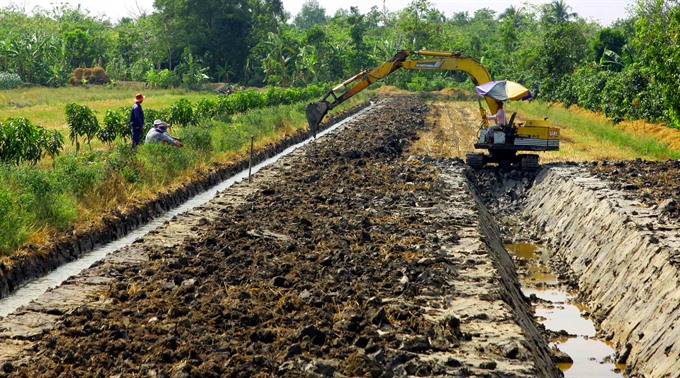
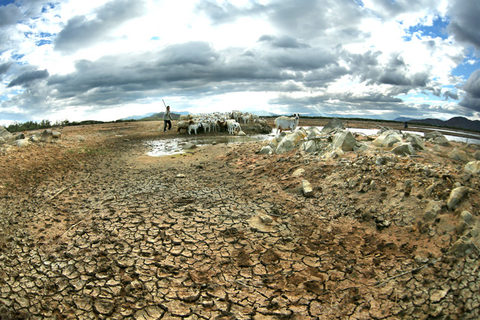

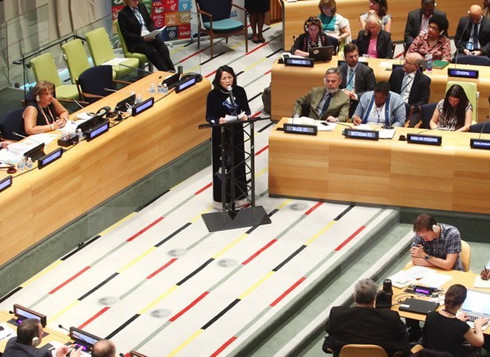

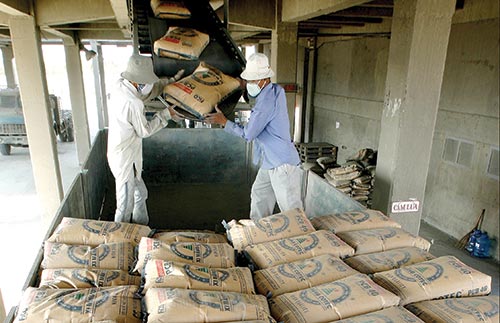



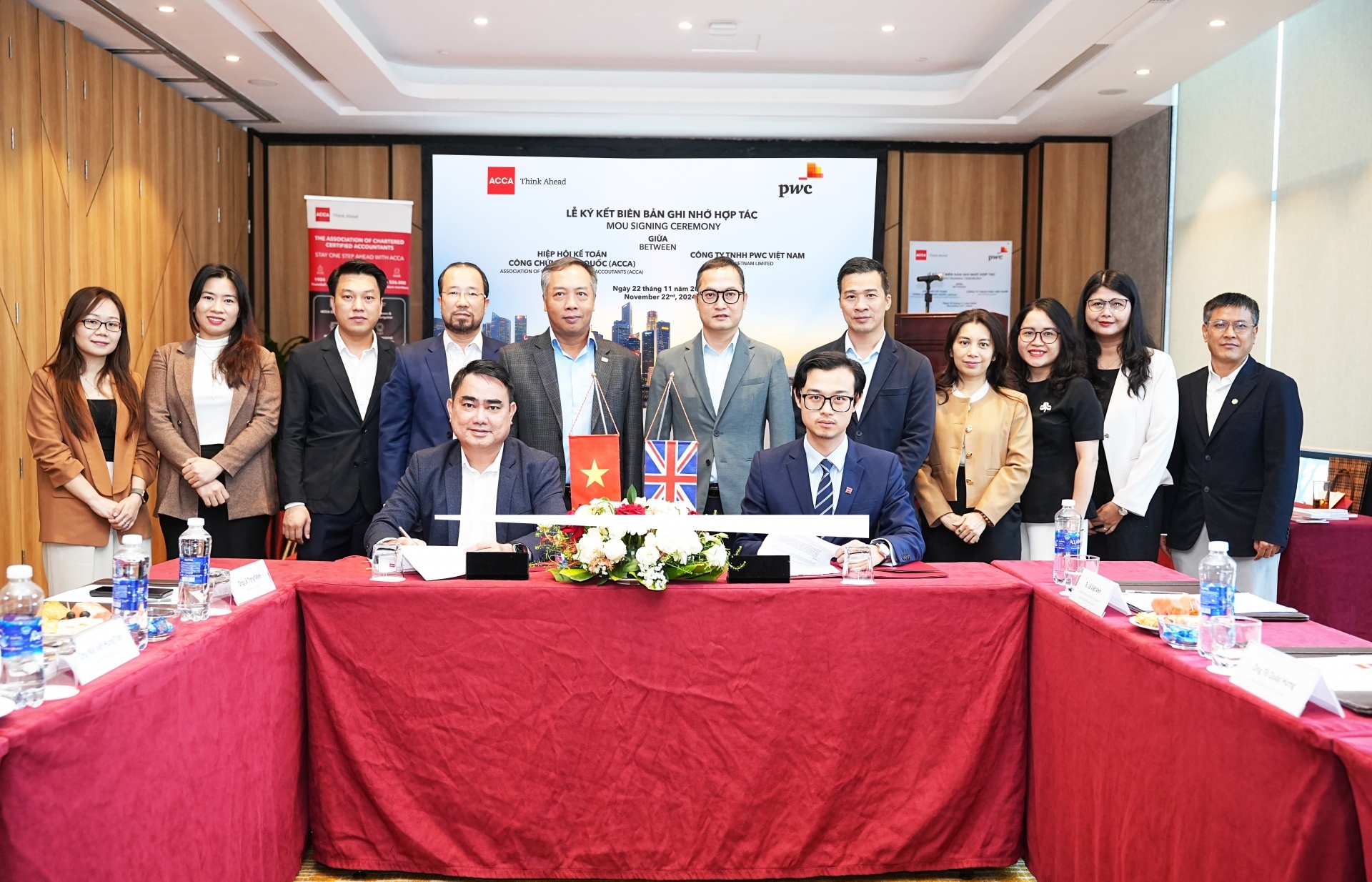



 Mobile Version
Mobile Version